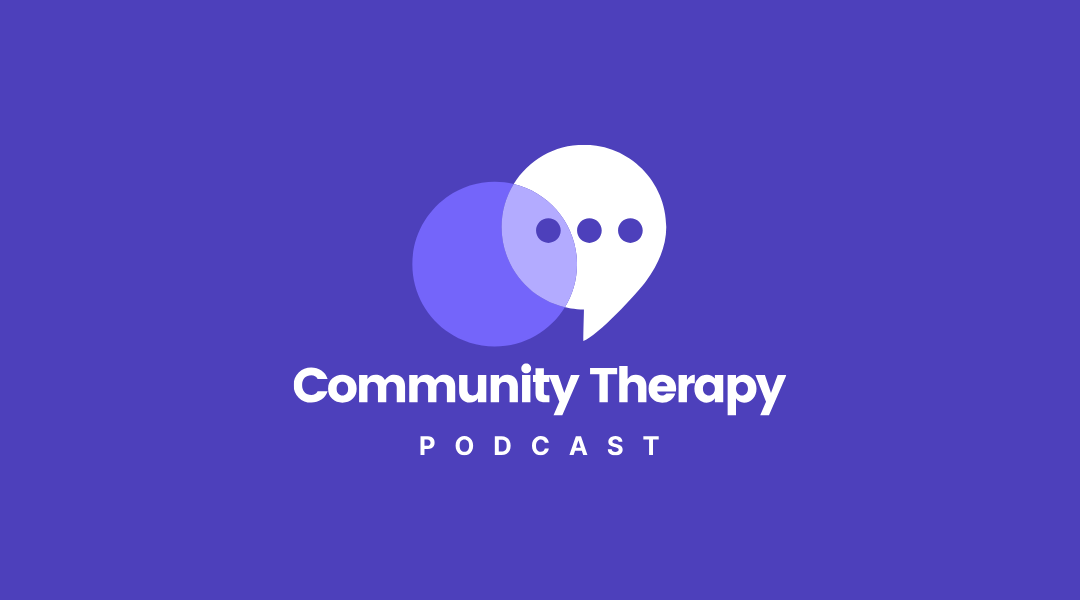Being a community manager can be a meaningful, rewarding, and fun job, but it still has its stressors. Many community managers face high expectations from both community members and stakeholders, delicate situations with members, and coverage concerns. And with one-third of community managers being the only full-time employees on the community team, many community managers may be overworked and isolated.
That’s why I’m thrilled to share that the first season of the Community Therapy podcast is here. The podcast, which is powered by Hivebrite and produced by Kathryn Bird, provides a safe, judgment-free space where community thought leaders can candidly discuss our work, the good and bad of it. As the host, I have been so lucky to interview some of the great minds in the community space and talk about being a community manager in a judgment-free environment.
In episode six, Adrian Speyer, the vice president of marketing for this wonderful CLI community and the author of “The Accidental Community Manager”, joins me to talk about how community managers can take care of their mental health. (Find the full episode here.)
Inspired by our conversation, here are five tips for taking care of your mental health as a community manager.
Make a detailed playbook for managing your community
Planning ahead can make stressful situations much easier to deal with in the moment. Make a playbook where you outline possible scenarios you may encounter in your community, like spamming, infighting, and escalations. Even if you’re a team of one, doing this work ahead of time can help you keep your cool in the moment, since you’ve already decided what to do in each type of situation.
Set clear guidelines for your community members
“I think it’s important to have really clear guidelines in the community,” says Adrian in the episode. If you are very clear with your community members about what the community is and isn’t and what behavior is and isn’t allowed in the community, most people will embrace that scaffolding and follow the rules. That’s one reason to write out your guidelines and share them with your users. Another is that it makes content moderation much less stressful when you can point to the guidelines and say, this is why I’m taking your post down.
Balancing your coverage
It is imperative as a community manager that you enlist other people in your organization or within the community that can help you with coverage. You have to be able to take time off and feel confident that the community is being monitored by someone you trust. Work with your stakeholders and coworkers to come up with a plan for coverage outside of your own working hours, including evenings or weekends if needed. This is where your playbook will shine and make it easy for people to step up and help you and the community so you can take time off, recharge, and come back refreshed.
Give yourself permission to take a beat
It can be so tempting to feel like we have to respond to every post immediately or answer every question as soon as it comes in. But that kind of urgency can be really stressful. “I think that’s an expectation we put on ourselves more than anything as opposed to what the expectation is,” says Adrian in the episode. Set boundaries with yourself and your community. Set working hours that you’re active in the community and stick to them.
Take care of yourself first
They say it on planes, and we’ll say it, too: It’s so important to put your own oxygen mask on before you put anyone else’s on. Especially for community managers who are working on their own or with minimal support, making sure you prioritize your own mental health and times can be tricky. “It becomes a stressful thing where you think you have to do all the things,” says Adrian in the episode. But if you don’t take care of yourself, you can’t take care of your community.”
We hope these tips will help you take care of yourself as a community manager. Listen to the whole episode with Adrian, read more about the philosophy behind Community Therapy, and check out the full season here.
Article By Morgan Wood, Head of Community, Hivebrite

